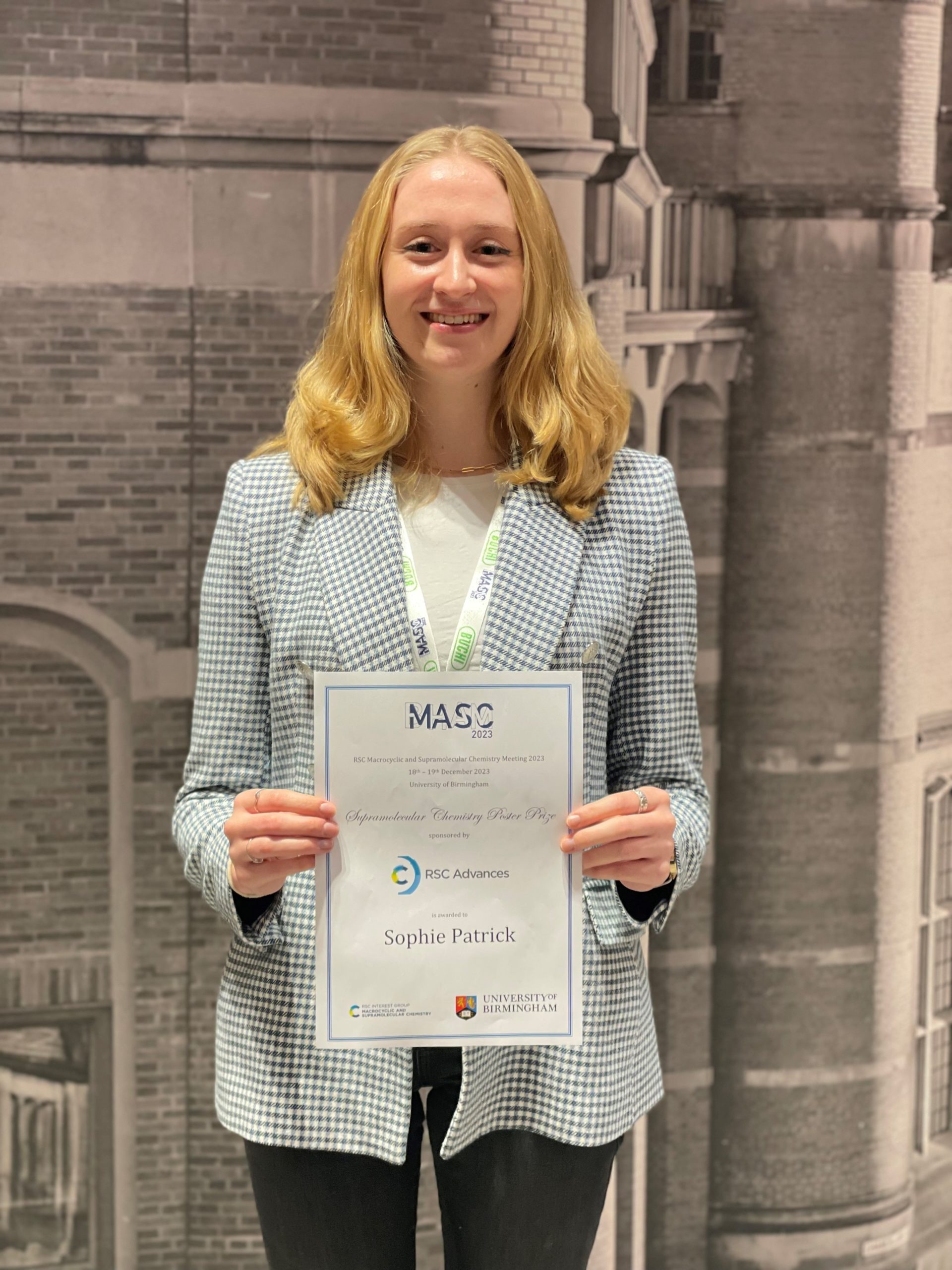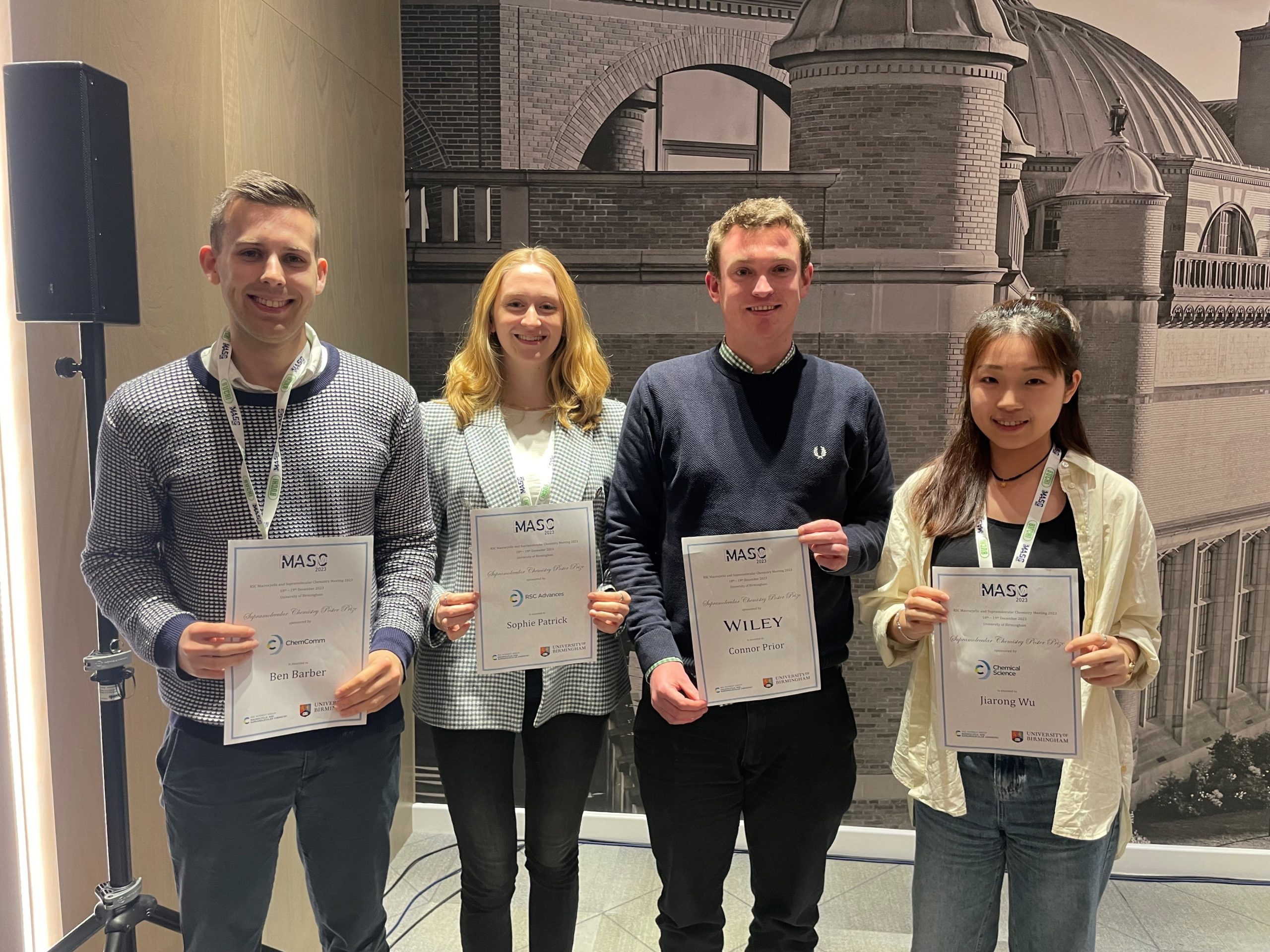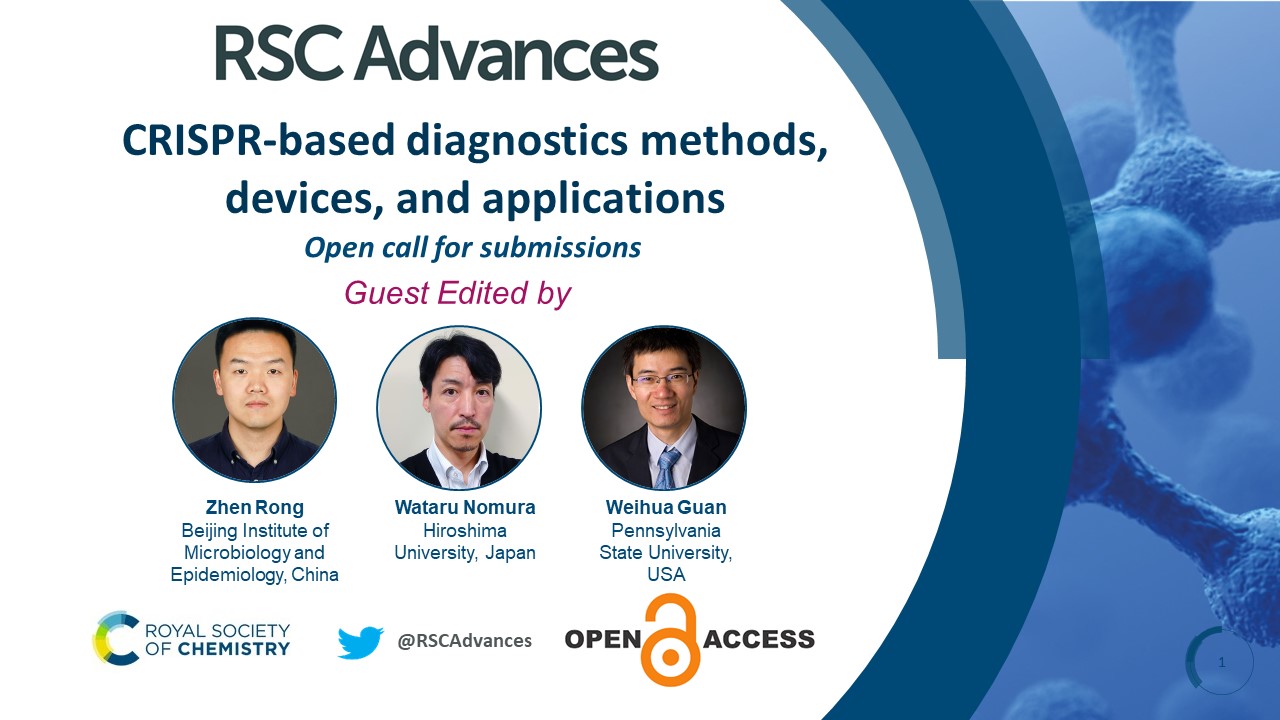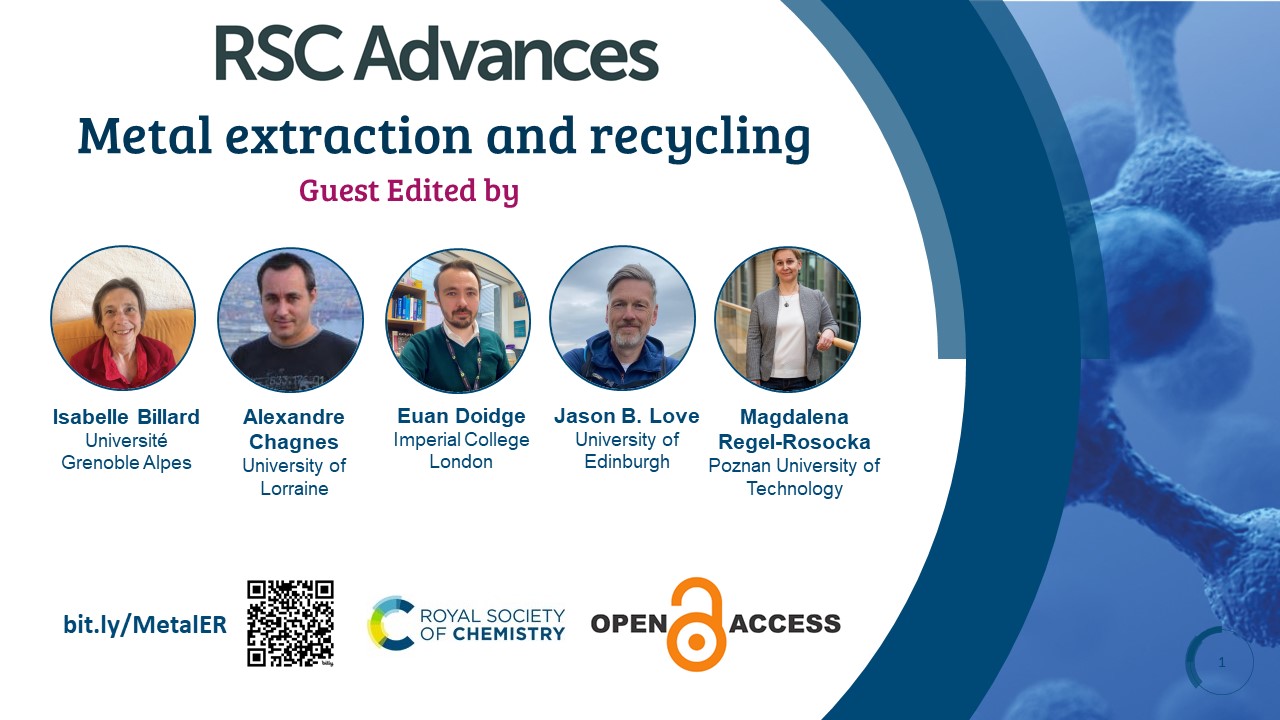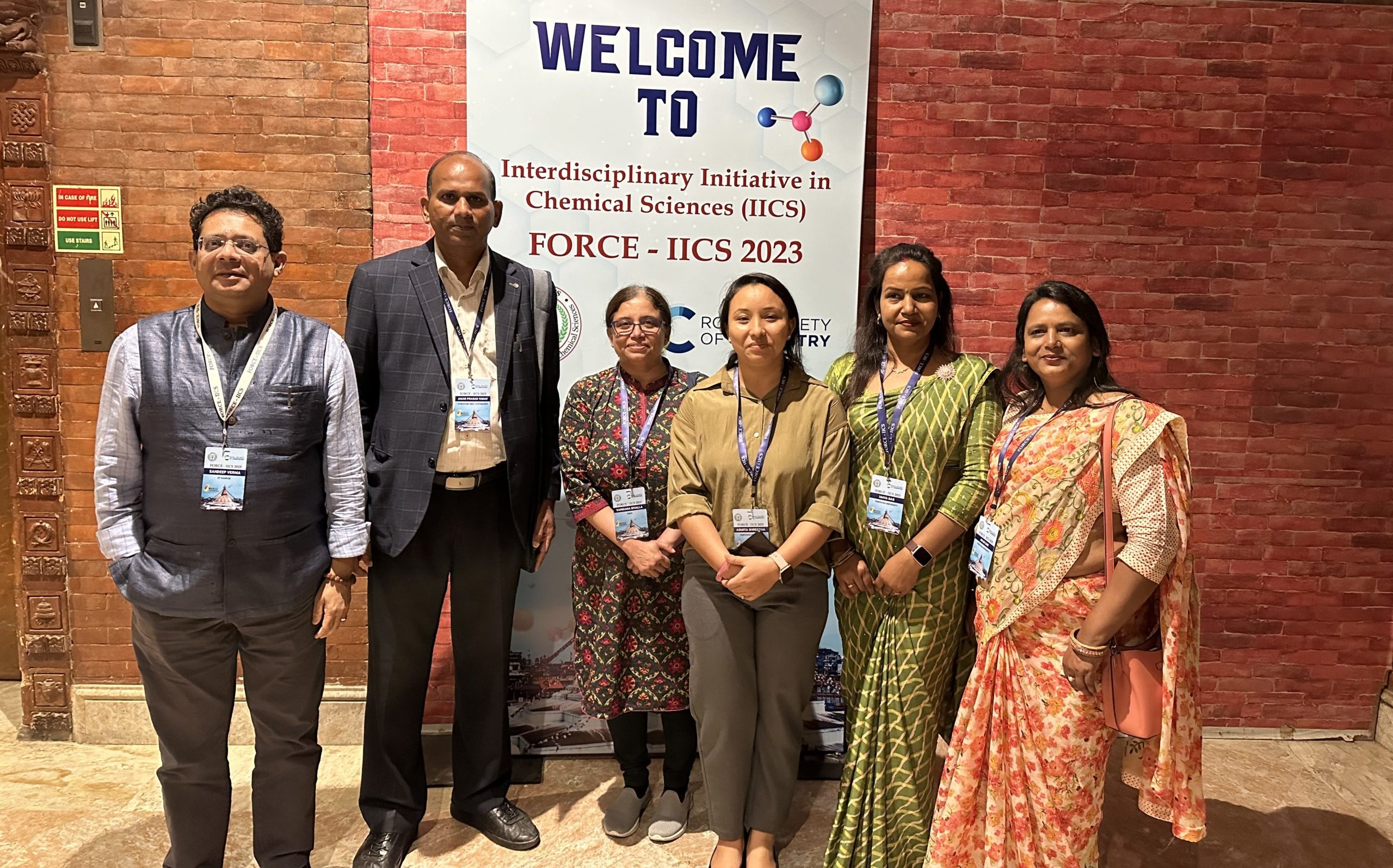RSC Advances is delighted to announce a new themed collection on Modern Catalytic Approaches in Organic Chemistry.
This collection is Guest Edited by Dr Giacomo Filippini (University of Trieste, Italy), Prof Airton Gonçalves Salles Junior (State University of Campinas, Brazil), Dr Arnau Call Quintana (University of Girona, Spain), and Dr Artur Keppler (Federal University of ABC, Brazil).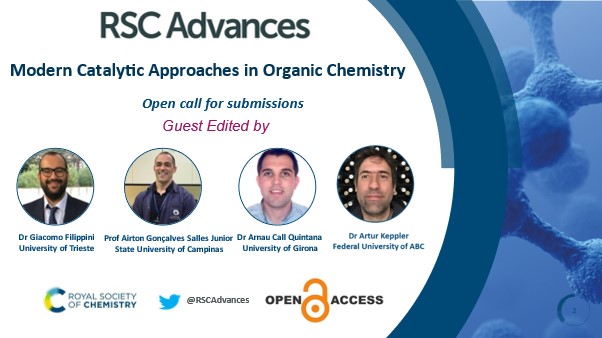
Catalysis has a fundamental role to solve arduous tasks in synthetic chemistry and is thus involved in the global economy in many industrial fields. In fact, in the last 50 years, catalysis has seen enormous progress in the development of optimized large-scale productions within the area of pharmaceutical, agrochemical and petrochemical industry. Moreover, a catalytic approach presents multiple benefits for business and sustainability compared to stoichiometric processes. These include cost reduction, time and energy saving, waste reduction, carbon-footprint minimization, among others. For these reasons, it is estimated that more than 90% of all chemical productions have at least one catalytic step in their manufacture. Not surprisingly, an ever-growing interest in developing novel catalytic transformations has been exhibited both from academia and industry, in order to resolve the related present-day challenges in organic synthesis.
Thus, in this themed collection, we would like to invite researchers to submit contributions directed to deepen the current knowledge of catalytic organic transformations. Potential research topics include:
– Use of organocatalysts for the synthesis of organic compounds.
– Use of photocatalysts for the production of relevant organic molecules.
– Exploitation of nano-catalytic systems in the synthesis of organic compounds.
– New catalytic strategies for the valorisation of biomasses.
– Catalytic methods for the degradation of organic molecular pollutants.
– Biocatalytic processes for the synthesis of organic compounds.
We welcome your submission to the series!
The deadline for manuscript submission is the 30th of June 2024.
All manuscripts will be subject to the journal’s usual peer review process. Accepted manuscripts will be published in a regular issue of the journal as soon as possible and then added to the themed collection on the journal webpage.
RSC Advances’ article processing charge (APC) is among the lowest in chemistry and waivers are also available for authors who meet the eligibility criteria outlined here. We have a number of Read & Publish deals in place with institutions, please see Chronoshub for more information on specific institutions and funders.
If you would like to submit to this themed collection the manuscript should be prepared according to our article guidelines and submitted via our online system any time before the submission deadline of 30 04 2024. During submission, authors will be asked if they are submitting for a themed collection and should include the name of the themed collection. If you would like to submit but require additional time to prepare your article, please do let us know by contacting the journal.

Submit to RSC Advances today! Check out our author guidelines for information on our article types or find out more about the advantages of publishing in a Royal Society of Chemistry journal.
Keep up to date with our latest Popular Advances, Reviews, Collections & more by following us on Twitter. You can also keep informed by signing up to our E-Alerts.
Comments Off on Open Call for Papers – Modern Catalytic Approaches in Organic Chemistry


